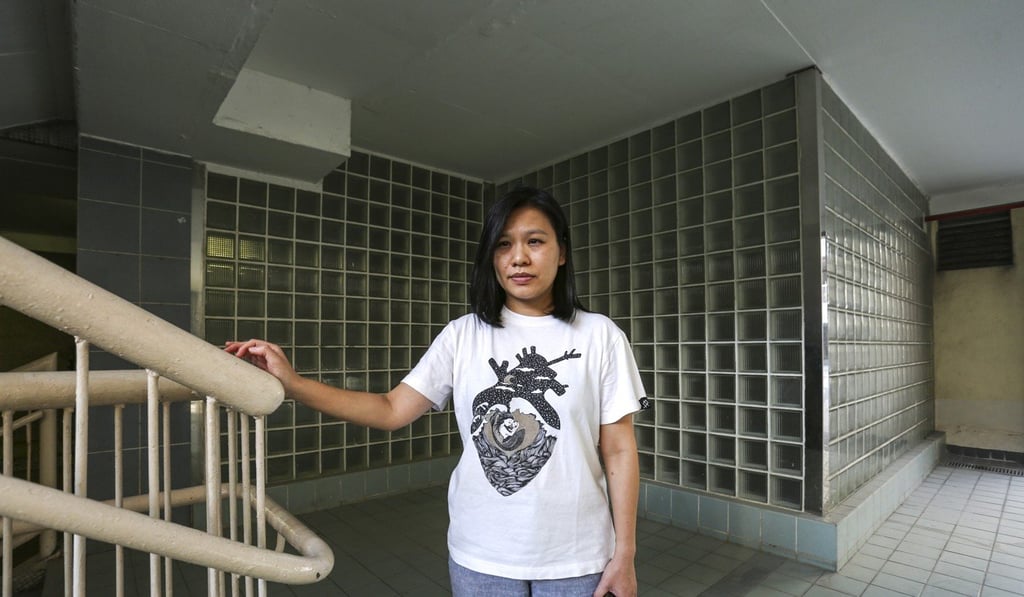Domestic abuse: why many suffer in silence, and the support groups in Hong Kong helping women deal with abusive men
- Violence against women takes many forms: physical, sexual and psychological, and often occurs at home. One woman tells her story and how she escaped her abuser
- United Nations International Day for the Elimination of Violence Against Women aims to bring global attention to the problem

Carol Chan (not her real name) says her partner showed no signs of violence in the year leading up to their marriage in 2011.
“Like any couple, we occasionally quarrelled, but he wasn’t physically violent and he didn’t show behaviour that raised flags,” says Chan, settling into a chair at the headquarters of the Hong Kong Federation of Women’s Centres, a charity based in Cheung Sha Wan, Kowloon, that supports women at the grass-roots and promotes gender equality.
Born in Shanwei, in the southern Chinese province of Guangdong, Chan moved to Hong Kong to be with her husband, who was also born in mainland China and who worked in the city. The abuse started soon after the birth of their son.
“He became aggressive, uncommunicative and disengaged, preferring to play games on his phone to playing with his son. He’d get angry if I spoke to him and got frustrated when he couldn’t express himself, so he would hit me,” says Chan, who lives with her son and is getting a divorce. “On one occasion he strangled me so tight I couldn’t breathe. I had bruises on my neck. He never once apologised.”
Domestic violence affects all classes, races, and ages, and people of every social status, which is why the United Nations designates November 25 as International Day for the Elimination of Violence Against Women, to bring attention to the problem.
The centre’s director, Si-si Liu Pui-shan, says that although most people think of domestic violence as physical assault resulting in visible injuries, it can also be sexual or psychological.
